All-time High
All-time Low
Volume(24h)
719.75M
Turnover rate
5.98%
Market Cap
12.0351B
FDV
12.7B
Circulating supply
19.91M
Total supply
19.91M
Max supply
21M
Website
Contracts
Explorers
Currency Calculator
{{conversion_one_currency}}
{{conversion_two_currency}}
| Exchange | Pairs | Price | Volume (24h) | Volume % | Confidence | Liquidity Score | Earn |
|---|---|---|---|---|---|---|---|
| {{val.marketPair}} | {{val.price}} | {{val.volume24h}} | {{val.volumePercent}} | Low Moderate High | {{val.effectiveLiquidity}} | Buy / Sell | |
Community sentiment

26%
74%


Bullish

Bearish

 Told you we would visit that supply, and that's just what we got. Free money served on a silver plate once again!
Told you we would visit that supply, and that's just what we got. Free money served on a silver plate once again!  https://x.com/AltCryptoGems/status/1937880964685775222…$BCH is still holding very strong and remains one of the most bullish charts in the entire crypto landscape. I can still see this giving another push higher, ideally into that big supply level. https://x.com/AltCryptoGems/status/1937069365532545143…
https://x.com/AltCryptoGems/status/1937880964685775222…$BCH is still holding very strong and remains one of the most bullish charts in the entire crypto landscape. I can still see this giving another push higher, ideally into that big supply level. https://x.com/AltCryptoGems/status/1937069365532545143… 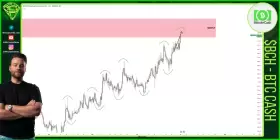
| Exchange | Pair | Price | Volume (24h) | Volume % | Confidence | Liquidity Score | Earn |
|---|---|---|---|---|---|---|---|
| {{val.marketPair}} | {{val.price}} | {{val.volume24h}} | {{val.volumePercent}} | Low Moderate High | {{val.effectiveLiquidity}} | Buy / Sell | |
About Bitcoin Cash
Where Can You Buy Bitcoin Cash (BCH)?
If you would like to know where to buy BCH at the current rate, the top cryptocurrency exchanges for trading in BCH are [Binance](https://coinmarketcap.com/exchanges/binance/), [Coinbase](https://coinmarketcap.com/exchanges/coinbase-exchange/), [KuCoin](https://coinmarketcap.com/exchanges/kucoin/), [Kraken](https://coinmarketcap.com/exchanges/kraken/) and more. Want to keep track of BCH price in real-time? Download the [CMC mobile app](https://coinmarketcap.com/mobile/) to get the live price of BCH, BTC and other cryptocurrencies.
How Do You Mine Bitcoin Cash (BCH)?
[Mining](https://coinmarketcap.com/alexandria/glossary/mining) is the process in which new Bitcoin Cash transactions are confirmed, and new blocks are added to the blockchain. Miners use computing power and electricity to solve complex puzzles. By doing so, they can produce new blocks of transactions. If one of their blocks is accepted by the network, the miner, or mining pool, earns a [block reward](https://coinmarketcap.com/alexandria/glossary/block-reward) in the form of newly-issued Bitcoin Cash. Mining is highly competitive. As the price of Bitcoin Cash in the marketplace rises, more miners are incentivized to bring more [hash rate](https://coinmarketcap.com/alexandria/glossary/hash-power-hash-rate) into the ever-increasing miner competition to produce and accept blocks by the Bitcoin Cash network. More miners make the blockchain more secure by increasing and distributing the hash rate. This prevents a single miner from having control over the web.
How Is Bitcoin Cash (BCH) Secured?
As with Bitcoin, Bitcoin Cash is secured by a [Proof-of-Work](https://coinmarketcap.com/alexandria/article/proof-of-work-vs-proof-of-stake) (PoW) consensus mechanism, where miners solve computationally intensive puzzles to validate transactions and create new blocks.
How Many Bitcoin Cash (BCH) Coins Are There in Circulation?
As with Bitcoin, the maximum supply of Bitcoin Cash has a hard cap of 21 million coins. The circulating supply as of May 2023 is 19,387,119 BCH.
How Does Bitcoin Cash Differ From Bitcoin?
Bitcoin Cash was considered by some supporters to be the legitimate continuation of Satoshi Nakamoto’s vision of Bitcoin as a peer-to-peer electronic cash. All Bitcoin holders at the time of the fork (block 478,558) automatically became owners of Bitcoin Cash. From a technical perspective, Bitcoin Cash is similar to the Bitcoin algorithm. Namely: both projects have a hard cap of 21 million coins and also use [Proof-of-Work](https://coinmarketcap.com/alexandria/article/proof-of-work-vs-proof-of-stake) (PoW) consensus framework and nodes to verify transactions. Unlike Bitcoin ([BTC](https://coinmarketcap.com/currencies/bitcoin/)), Bitcoin Cash aims to scale to meet the demands of a global payment system. At the time of the split, the Bitcoin Cash block size was increased from 1MB to 8MB. An increased block size means Bitcoin Cash can now handle significantly more transactions per second (TPS) while keeping fees extremely low, solving the issues of payment delays and high fees experienced by some users on the Bitcoin BTC network. As of 2023, Bitcoin Cash has a block size of 32MB, compared to Bitcoin’s block size of 1MB.
How Does Bitcoin Cash (BCH) Work?
Due to the larger block size, Bitcoin Cash (BCH) works faster and has lower transaction fees. Furthermore, Bitcoin Cash supports [smart contracts](https://coinmarketcap.com/alexandria/glossary/smart-contract) and ecosystem apps. With a limited total supply of 21 million coins, Bitcoin Cash is provably scarce and, like physical cash, can be easily spent. Transactions are fast, with fees typically less than a tenth of a cent. Bitcoin Cash has various use cases. In addition to peer-to-peer payments between individuals, Bitcoin Cash can be used to pay participating merchants for goods and services in-store and online. Low fees enable new micro-transaction economies, such as tipping content creators and rewarding app users a few cents. Bitcoin Cash also reduces the expenses and settlement times for remittances and cross-border trade. Other use cases include tokens, simplified smart contracts, and private payments with tools such as CashShuffle and CashFusion.
Who Are the Founders of Bitcoin Cash (BCH)?
[Satoshi Nakamoto](https://coinmarketcap.com/alexandria/glossary/satoshi-nakamoto), an anonymous creator of Bitcoin, published the coin’s [whitepaper](https://coinmarketcap.com/alexandria/glossary/whitepaper) entitled “Bitcoin: A Peer-to-Peer Electronic Cash System” in 2008. In 2009, the first Bitcoin software that powered the blockchain, went live. The fees were low and the transactions were reliable for several years. However, by 2016, as the popularity of Bitcoin increased, the number of transactions on its network grew, leading to slow processing times and higher fees. Mining hardware manufacturer Bitmain proposed the hard fork for increasing the block size limit to allow more transactions per block, which went live on August 1, 2017, resulting in the creation of Bitcoin Cash. It received support from some in the Bitcoin community, like Roger Ver. Since its inception, Bitcoin Cash has experienced its own set of challenges and milestones. One notable event was another hard fork in November 2018, which led to the creation of [Bitcoin SV](https://coinmarketcap.com/alexandria/article/bitcoin-vs-bitcoin-cash-vs-bitcoin-sv) (BSV), a separate cryptocurrency. The split was caused by disagreements within the Bitcoin Cash community regarding proposed changes to the protocol. As a result, two competing implementations emerged - Bitcoin ABC and Bitcoin SV - with the former continuing as Bitcoin Cash and the latter becoming its own distinct cryptocurrency.
What Is Bitcoin Cash (BCH)?
[Bitcoin Cash (BCH)](https://coinmarketcap.com/alexandria/article/what-is-bitcoin-cash) is a [peer-to-peer](https://coinmarketcap.com/alexandria/article/what-is-peer-to-peer-p2p) electronic cash system that aims to become sound global money with fast payments, micro fees, privacy and larger [block size](https://coinmarketcap.com/alexandria/glossary/block-size). As a permissionless, decentralized cryptocurrency, Bitcoin Cash requires no trusted third parties. Bitcoin Cash was created as an alternative to the first and most valuable cryptocurrency — [Bitcoin (BTC)](https://coinmarketcap.com/currencies/bitcoin/). In 2017, BCH developers modified the BTC code, releasing their software version and a full-fledged competitive product, which split Bitcoin into two blockchains: Bitcoin and Bitcoin Cash. Bitcoin Cash is a result of a hard fork in the blockchain due to differences in the community over Bitcoin scaling and the SegWit upgrade. Moreover, another hard fork, which divided Bitcoin Cash into two parts, Bitcoin ABC and Bitcoin SV, took place in the fall of 2018. The scaling debate involved two sides: small block supporters opposed increasing block size as it could lead to blockchain centralization and vulnerability by making it harder to host full nodes. Large block supporters, however, advocated for a faster solution, concerned that rising transaction fees could hinder growth.
Bitcoin Cash News
-

Exploring Bitfarms' strategic BTC sales, revenue surge, and shift towards high-performance computing amid Bitcoin's volatile market.
Aug 12, 2025 at 11:49 pm
-

A deep dive into the latest trends in BTC, ETH, and altcoins, including whale movements, emerging altcoins, and market insights. Stay informed and ahead of the curve!
Aug 12, 2025 at 03:00 pm
-

Analyzing the latest trends in Notcoin, Bitcoin, and zkSync. From BTC's steady climb to altcoin season predictions, here's what's shaping the crypto narrative.
Aug 12, 2025 at 07:30 am
-

Explore MicroStrategy's Bitcoin accumulation strategy and its influence on corporate finance.
Aug 12, 2025 at 07:29 am
-

Blue Origin is now accepting cryptocurrency payments for its spaceflights. This article dives into the implications of this move, exploring the intersection of space tourism and digital currency.
Aug 12, 2025 at 07:28 am
-
Explore how MARA Holdings' acquisition of Exaion and Block's Bitcoin banking services signal a significant shift in the Bitcoin landscape.
Aug 12, 2025 at 07:21 am
-

Bitcoin hits new highs in August 2025! Is $121,000 the new normal for BTC? Dive into the factors driving the surge and what experts predict.
Aug 11, 2025 at 11:51 am
-

Bitcoin's wild ride continues! Open interest skyrockets 45% as BTC eyes $122K. Will positive inflation data fuel a surge past $150K? Buckle up, buttercup!
Aug 11, 2025 at 11:48 am
-

A look at how Jack Dorsey's Block Inc. is leveraging Bitcoin, from adding to its treasury to integrating it into Cash App, and the profits they're reaping.
Aug 11, 2025 at 07:40 am
Similar Coins








































































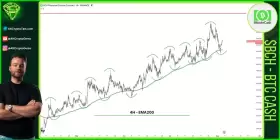






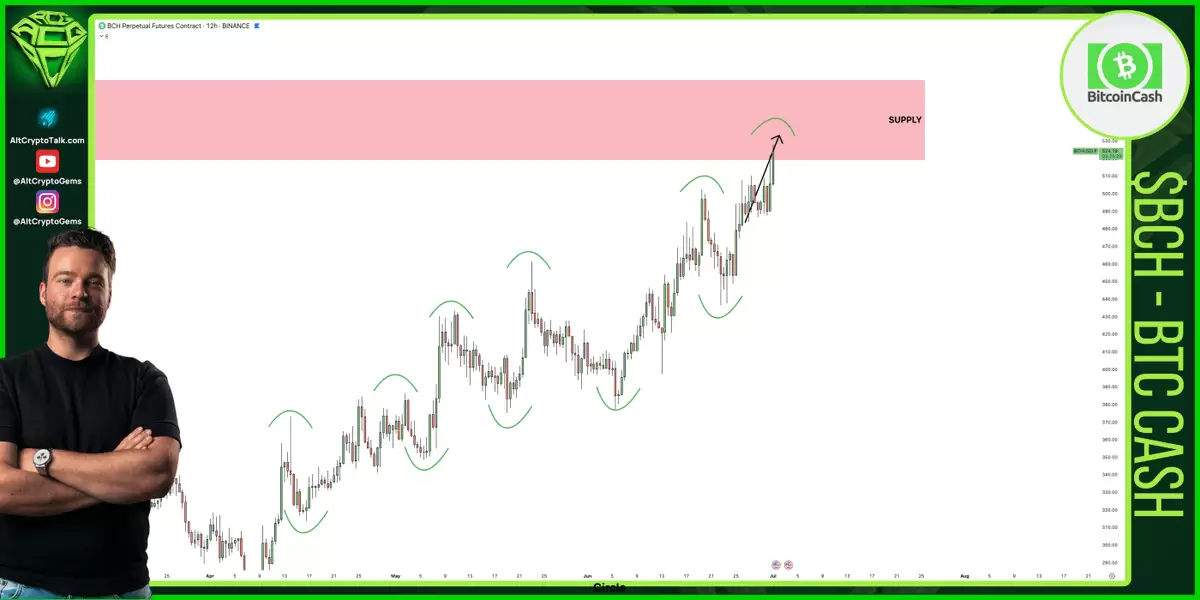

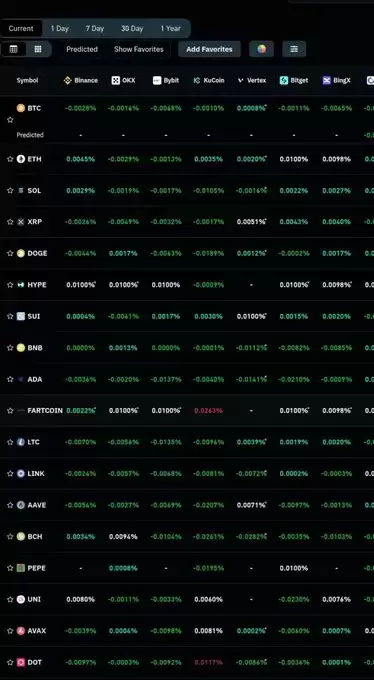
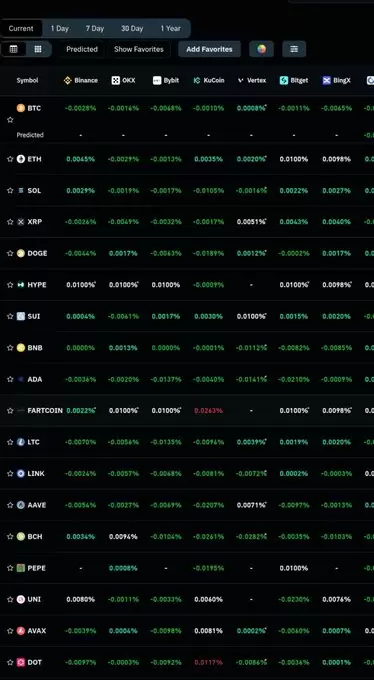

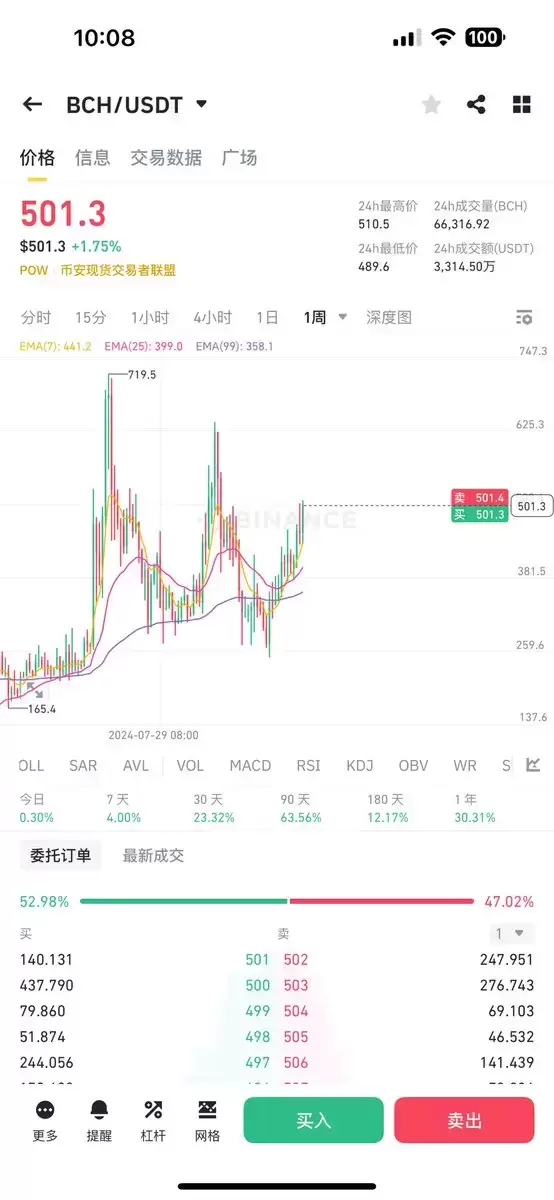
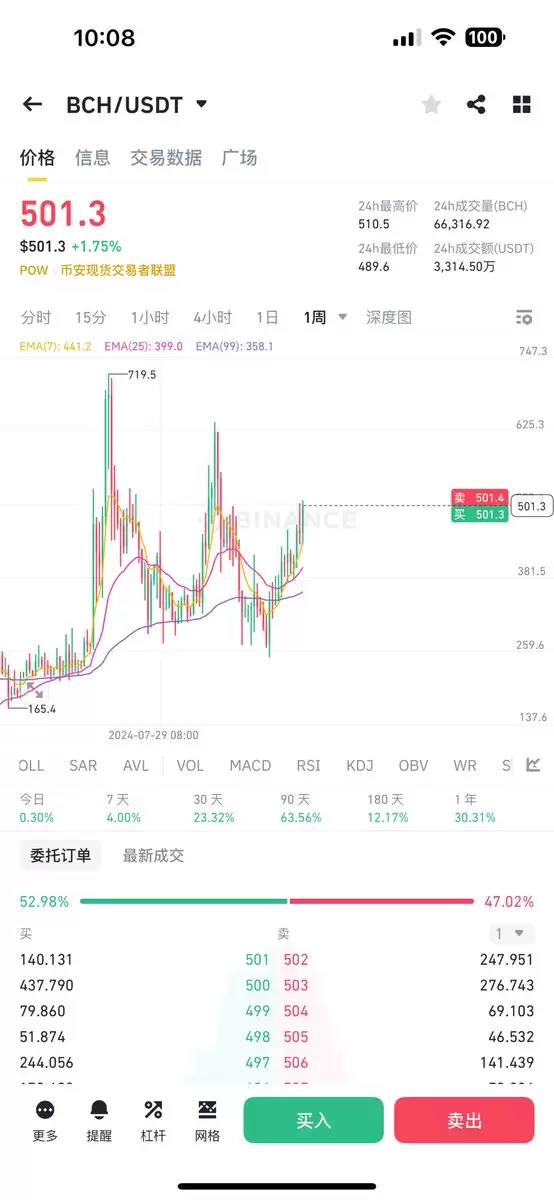



GitHub
Close